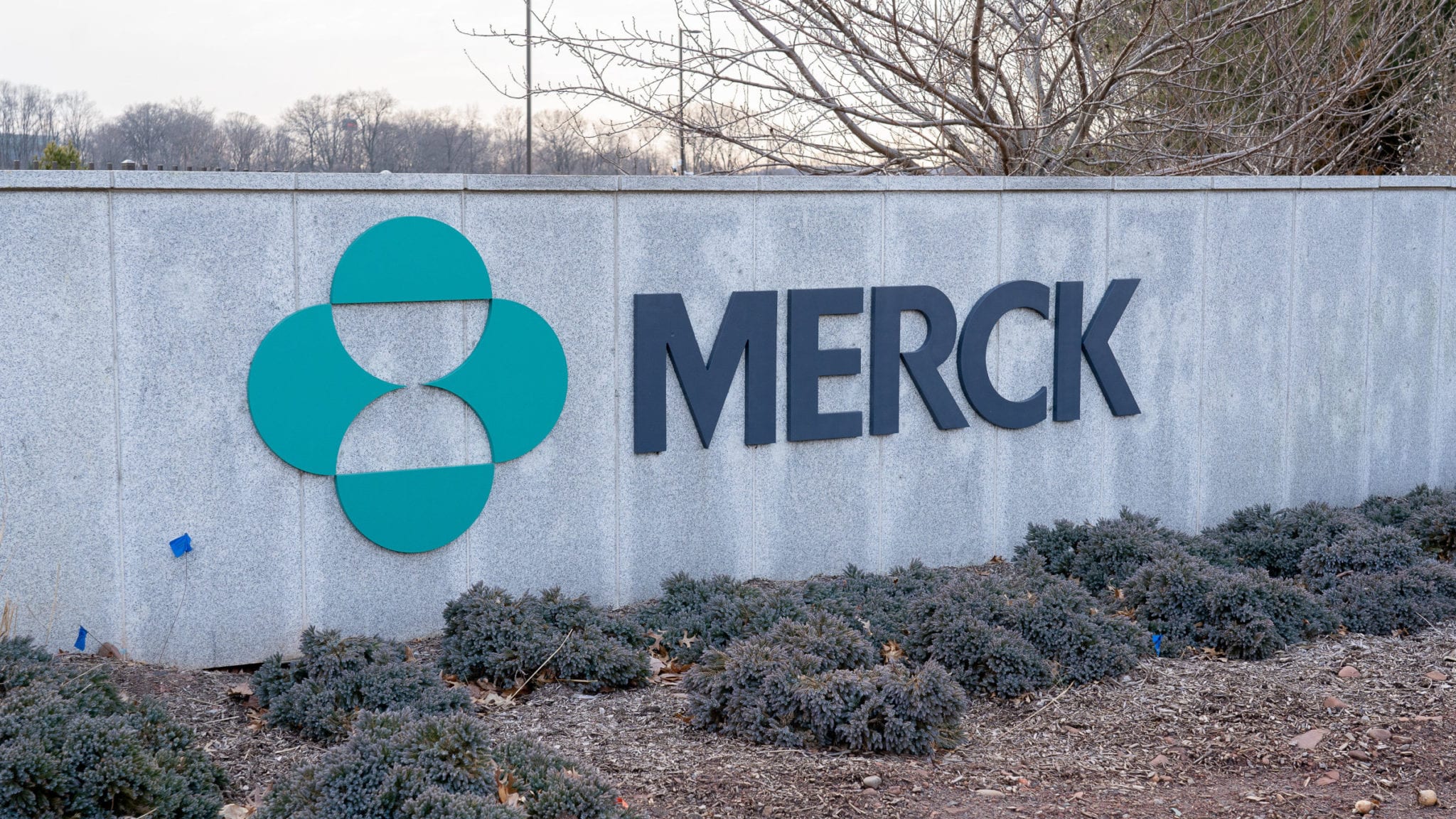
Merck makes a $773M bet on TGFβ, acquiring a three-year-old biotech
When checkpoint inhibitors work, they can perform wonders. But for many cancer patients, in-built or acquired resistance to these immunotherapies impedes their efficacy. Merck, the maker of the checkpoint king Keytruda, is shelling out up to $773 million to swallow Tilos Therapeutics, which is developing a class of drugs designed to mitigate checkpoint resistance.
Tilos Therapeutics, founded three years ago, is developing anti-LAP antibodies, designed to treat cancer, fibrosis and autoimmune diseases by unleashing the immune system to attack disease. Latency-associated peptide (LAP) is a protein that forms a cage around the transforming growth factor (TGFβ), holding the potent cytokine in a latent state until it is ready to be deployed. TGFβ’s misregulation can result in tumor development, and the cytokine is thought to play a key role in fibrotic diseases.
Unlock this article instantly by becoming a free subscriber.
You’ll get access to free articles each month, plus you can customize what newsletters get delivered to your inbox each week, including breaking news.